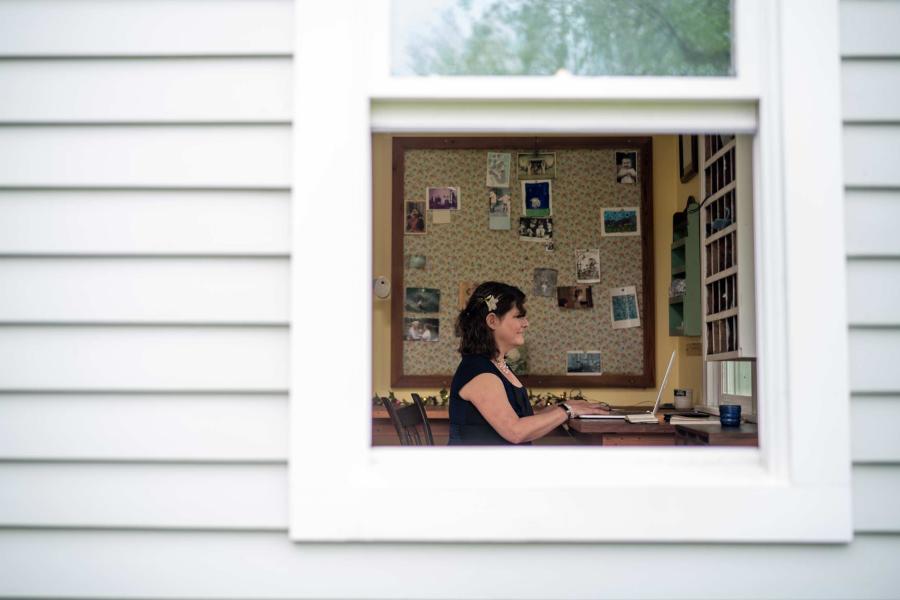Jane Kelly / 04.20.16
As part of her fellowship, Walsh is developing an interdisciplinary, undergraduate course called “Power, Violence and Inequality in the Global South,” which focuses on violence rooted in inequalities of power, such as gender-based violence. It draws heavily from her research on marginalized women in three areas: South Africa, which has the highest rape rate for a country not at war; Europe, where some Muslim women are prevented from wearing face veils; and Canada, where some 1,200 indigenous women and girls have been murdered or gone missing in the last three decades.

Let’s study the processes of globalization that have produced groups in different places all over the world with unequal access to political, economic or social resources.
The College is in the midst of analyzing its curriculum, and Walsh said the new fellowships—housed in the Institute of the Humanities and Global Cultures—are cracking open exciting new frontiers in teaching. “If we can teach what we are doing research on, our research is going to be better and our teaching will be more engaging,” she said. “That’s intellectually exciting, and I think it is exciting for the students, too. This is an amazing moment at the University.”
“We are looking to hire faculty who are experts in their fields and who are able to relate to scholars beyond their disciplines,” said Francesca Fiorani, associate dean for the arts and humanities and professor of art history, who oversaw the development of the grant application.
Ian Baucom, Buckner W. Clay Dean of Arts & Sciences, said the effort reflects the increasing importance of studying the humanities as a means of better understanding “the world our students will inhabit.”
“An integrated focus on the Global South is one of the ways we can prepare students to succeed in a shared world of varied cultural perspectives and realities, and to prepare them for lives of engaged cosmopolitan citizenship,” Baucom said.



